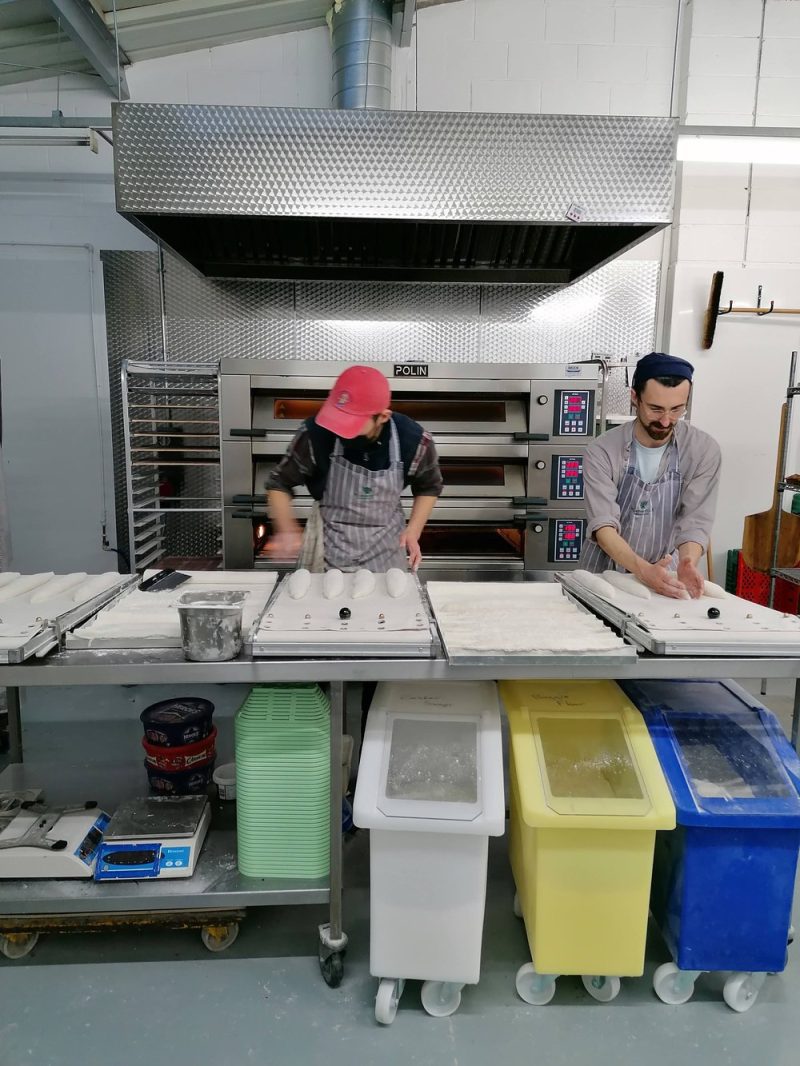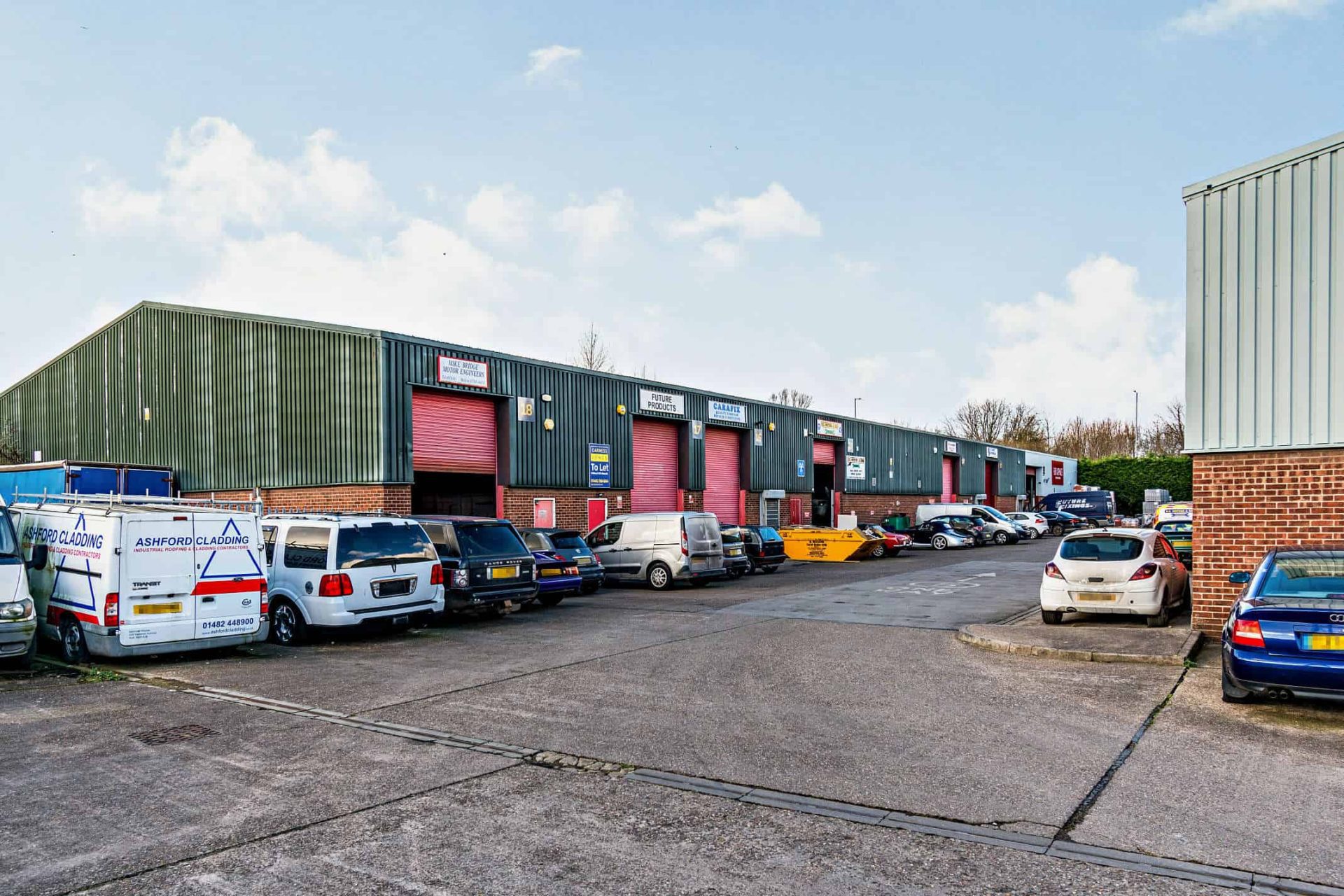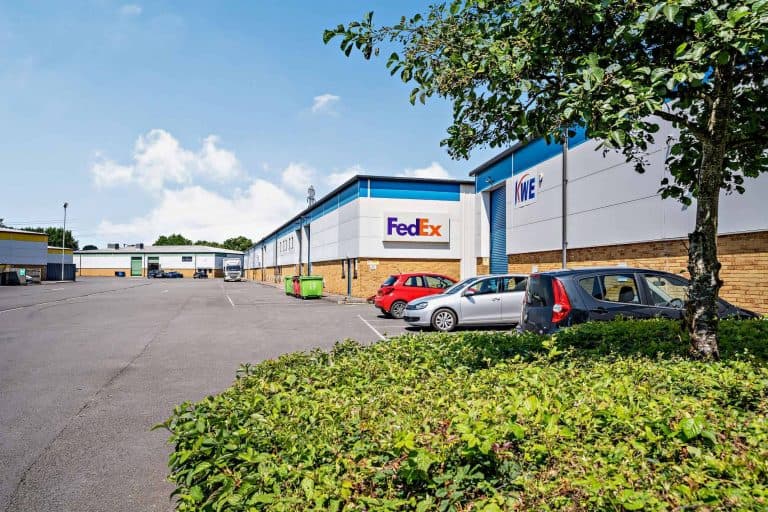The boom in small, independent businesses being run out of family homes isn’t news to many. With the UK’s economic downturn looking unlikely to ease any time soon, the chances are that the need for individuals across the country to find new access to income is inevitable. This is the state of the cottage industry – marked by the self-reliance of individuals working out of their homes with their own equipment.
With the cost of living crisis becoming an increasingly viable reality, small businesses are sure to begin feeling the squeeze. For those still focused on rapid growth, they may be looking to up industrial unit space to help enable them to meet a market in flux. Will small businesses thrive in an economic downturn – and what does that mean for industrial properties? Here are our predictions for the cottage industry and its impact on industrial space in 2023…
1. The demand for small unit space will only increase
Throughout Covid times (remember those?), more people than ever were practising their craft at home – and many were sizing up the potential to make their passion their work. Whether it was producing small jumpers for tiny dogs that would later be sold on Etsy, or taking a chance at flying solo from their regular office jobs with an online-only business, many saw opportunity for their day to day lives to look a little different.


In fact, Companies House data showed that in the first half of 2021 alone, well over a quarter of a million (340,500) new businesses were registered in the UK. Comparatively, this was an uplift of 32% against figures in 2019, if data acquired by business loans company Iwoca is to be believed.
For example – meet one of our own tenants – Andy Cook. He’s a business owner and baker. Back in April 2020 during the COVID-19 pandemic, his career as a freelance adventure activity instructor was on pause. As a result, he started a local community bake scheme to support his neighbours during the challenging period throughout repeated lockdowns. To his complete surprise, the neighbours were incredibly supportive and the word about Andy’s baking skills spread rapidly. Members of the local community began to come over and purchase his homemade bread from a make-shift stall in the front of his house.
Eventually, in a few months, he was baking full-time, 6 days a week from his home kitchen and churning out around 40 loaves each day to meet orders. By this stage Andy had several restaurant and deli clients interested, which led him to secure a space at Compass Industrial Park to increase capacity, allowing him to install professional equipment and hire employees. Two years later, Plattsville Bakehouse is an established local micro-bakery producing artisan breads for several local independent restaurants, cafes and delis across the city. Having outgrown his original unit, he has moved into a bigger space on the same estate to give him room to grow again as he sells even further afield.
This is just one of many inspiring stories where a person has turned their passion into their living. And we predict that we’ll see many more setting up shop in the coming years.
2. Small industrial unit space will become increasingly scarce – and in demand
Recent data from Savills showed that vacant space for warehouses under 100,000 sq ft is currently at an all-time low, sitting at around 3 percent. While the usage of these units will vary, we’ve seen for ourselves that it is SMEs that fall under the cottage industry bracket that have been showing an increasing interest in occupying these spaces.

However, cottage industry businesses are needing to snap up unit space to ensure that they don’t run into supply issues when it comes to meeting the demands of their customer base. By having somewhere to house their inventory, they’re able to respond to the buyer in real time, creating less friction in their shopping journey – meaning they’re less likely to lose out to large brands.
It’s not just the size of the units that will see a change in demand- it’s also the locations. For an industry that has long been relegated to unoccupied spaces at the edges of towns and leading off A-roads, we feel that increasingly large numbers of SMEs will want to see an increase in availability directly in city and town centres. A stroll around inner-city neighbourhoods that have clung on to their characterful past often showcases the UK’s post-industrial age evolution. Town centres and local businesses have transitioned many of its small urban sheds from light industrial manufacturing to more B2C operations such as fulfilment and retail operations to reflect changing consumer habits.
Businesses like those in the cottage industry increasingly realise that flexible industrial space located close to densely populated areas offer them the perfect hub to manufacture, store and sell their products. Especially when given the opportunity to secure short-term leases in a matter of days, to help them on their nimble growth journey.
3. Ecommerce will continue to help cottage industry businesses apply pressure to large enterprises


In recent years, cottage industry businesses, including those making goods, have seen a renaissance given the ability to access a regional and national customer base via the internet. The options available for small individual businesses to sell their wares online will only continue to increase, with popular platforms such as Etsy, Depop and Deliveroo holding a candle for (and even emphasising the need) supporting independent business.
Consumer demand for convenience and quick deliveries can be met by services such as these, which means competing with huge brands such as Amazon is becoming less of a concern.
For example, within our own portfolio we have an interesting mix of tenants situated in our Compass Park estate in Liverpool. Nestled amongst large units occupied by the likes of Sixt, Wolseley and Briggs Automotive Company (BAC), there is also a dog treat bakery, an online vintage clothes retailer, a virtual reality gaming hub, a gym and an artisan sourdough bakery.
This is no longer us vs them – small businesses are now right at home in the same spaces held by large businesses. Given the rate at which these startup tech businesses flourish, we don’t doubt that this plethora of choices will empower more small businesses to get a step on the SME ladder in the coming years.
In summary, the industrial unit space is facing a challenge in terms of how we can meet the soaring demand for small industrial units and multi-let industrial spaces in locations that are both convenient and cheap enough to be afforded by small businesses in the cottage industry. The sector looks as though it is set to grow at a rapid pace, meaning the demand for compact units will only increase with time.
We are a leading provider of affordable and flexible units and warehouses, and aim to be our customer’s first choice for business spaces. We believe that by working together, we can make the traditional landlord / tenant relationship better. This means simple contacts, flexible terms and fixed price leasing - we created the Smart Lease written in Plain English so that it is accessible to anyone, and any type of business. We can help you find your ideal business space too - browse our available units, or get in contact with us to talk through your needs.